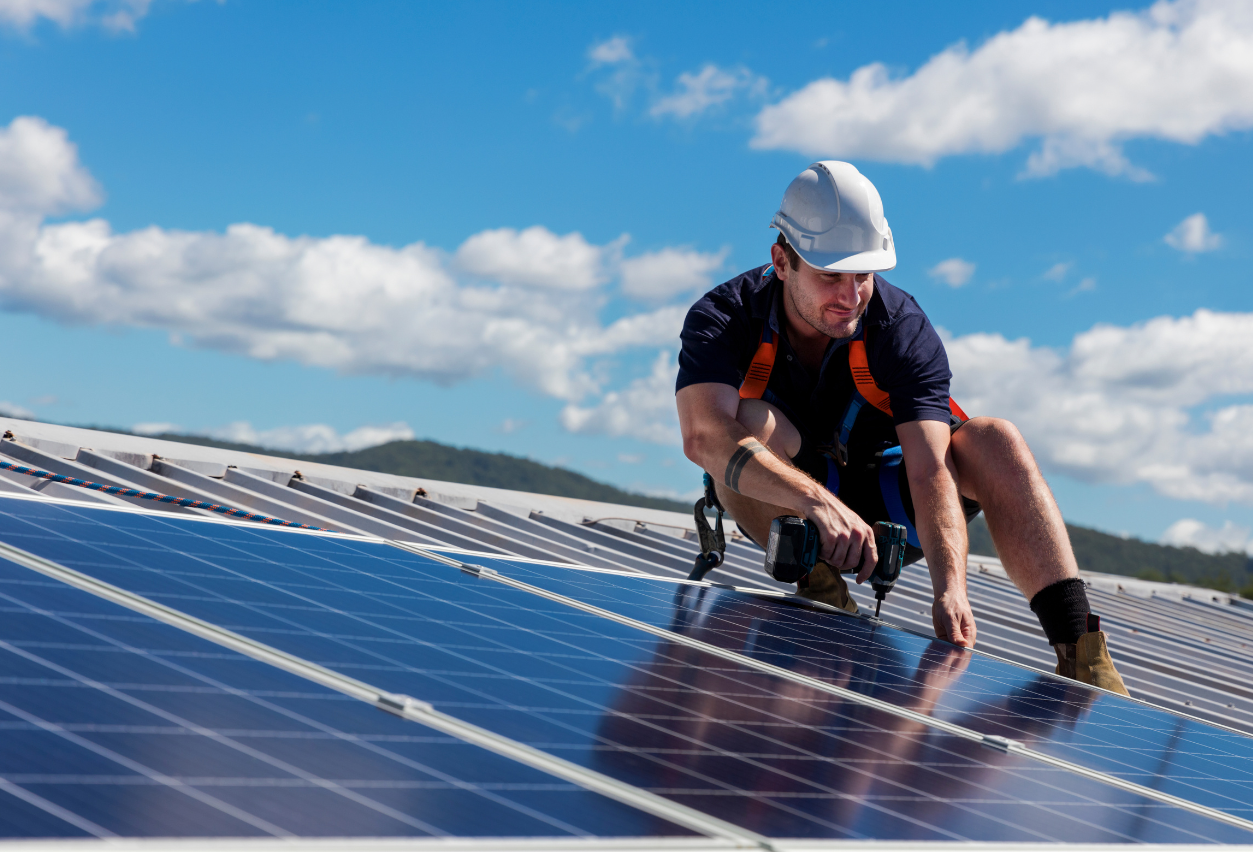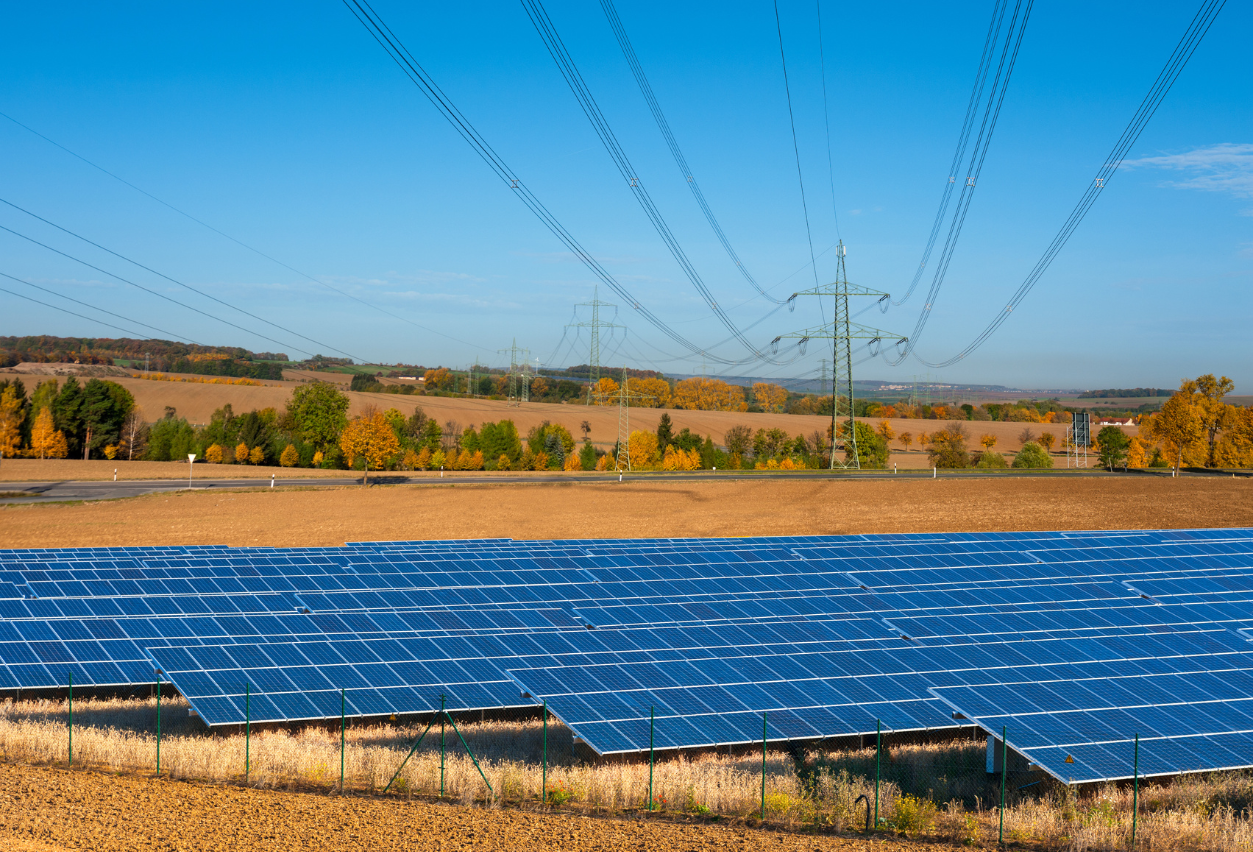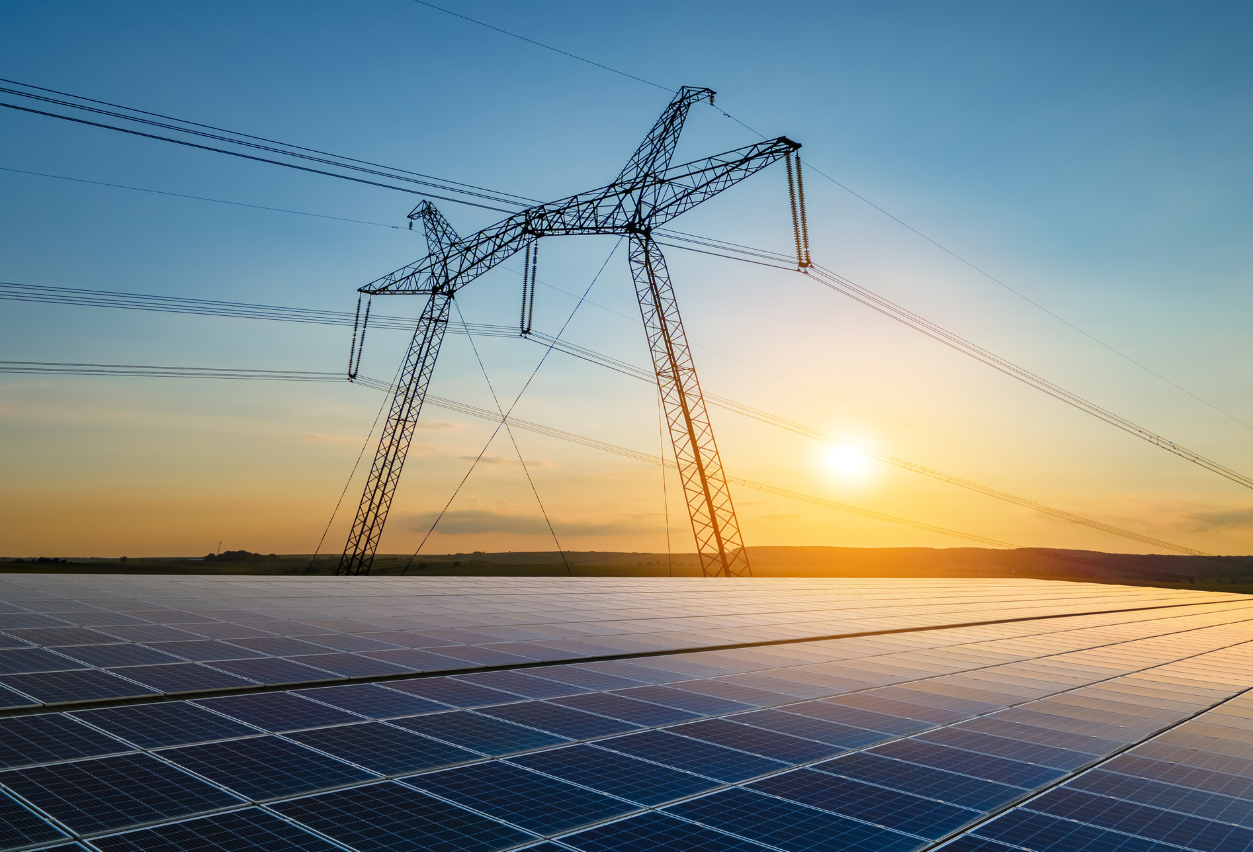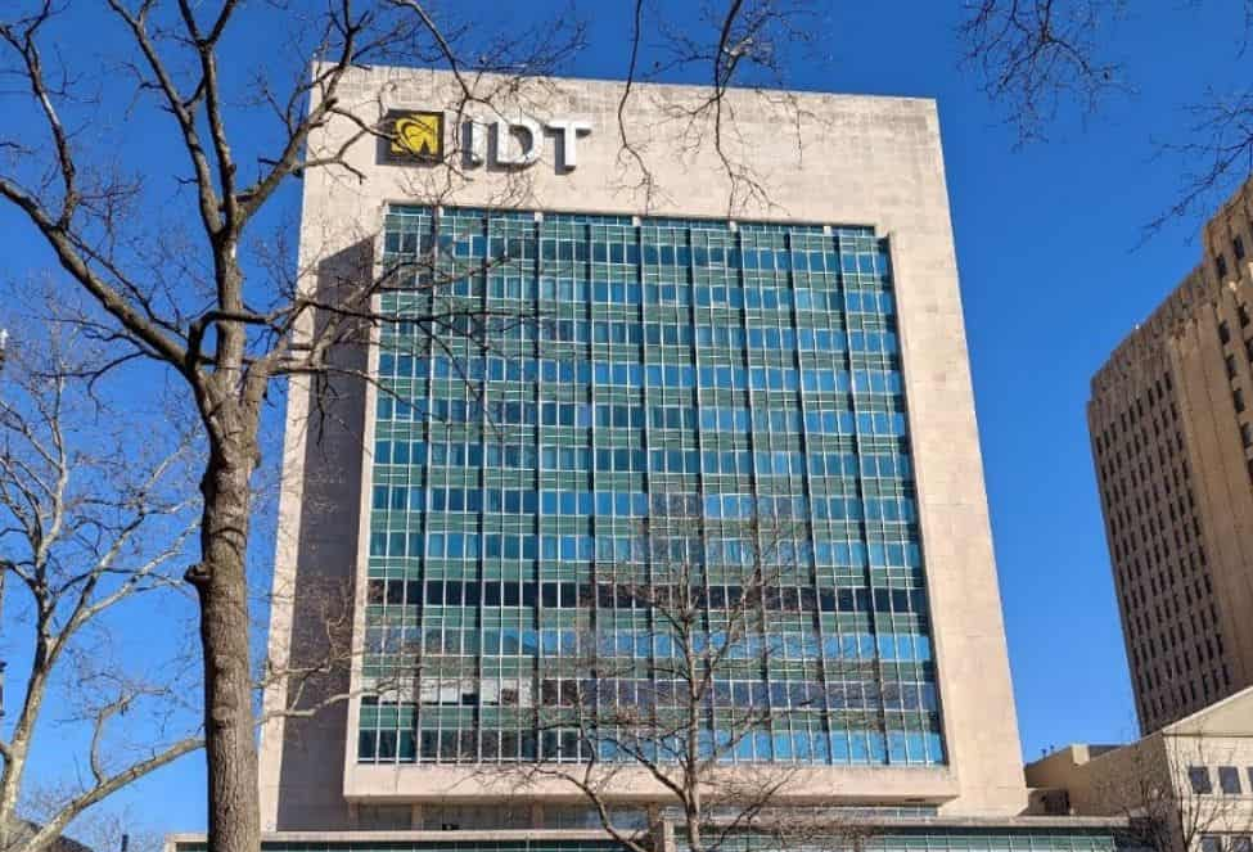Solar FAQ
- FAQ
Frequently Asked Questions
Skip ahead to a category by clicking below:
- FAQ
Solar Land Leases
Leasing your land for a solar project can provide a stable and lucrative income stream through long-term lease agreements. Landowners receive regular lease payments, which can be more profitable compared to traditional agricultural uses, depending on the location and lease terms.
Genie Solar conducts a comprehensive survey of your land to assess its suitability for solar development. We manage all aspects of the approval process, including permitting and regulatory compliance, ensuring that your land meets the necessary criteria for a successful solar project.
Once your land is leased for a solar project, Genie Solar takes on the responsibility of developing, maintaining, and operating the solar farm. You will not need to manage any aspects of the project, allowing you to enjoy the financial benefits with minimal involvement.
Most Community Solar leases range 20 to 30 years with the option to extend.
Genie Solar provides full maintenance and operational services for the solar farms we develop. This includes regular inspections, cleaning, and repairs to ensure optimal performance and longevity of the solar system. We also handle the maintenance of all vegetation around the solar arrays so that grasses do not grow too high and affect the panels.
- FAQ
Community Solar
Community solar involves a solar power plant whose energy is shared by multiple subscribers, typically within a specific geographic area. Participants receive credits on their electricity bills for their share of the solar power produced, even if the solar panels are not located on their property. This model allows more people to benefit from solar energy, including those who cannot install panels on their own rooftops.
Investing in community solar projects can offer attractive financial returns through stable, long-term revenue streams from subscriber payments. Investors also benefit from various federal and state incentives, including tax credits and renewable energy certificates, which can enhance the profitability of the projects.
Genie Solar provides a comprehensive solution for developers looking to sell their approved community solar projects. We offer competitive purchase agreements and handle all aspects of the project development, from financing and construction to operation and maintenance, ensuring a smooth transition and successful project completion.
Genie Solar offers a full suite of services for developing community solar projects, including site assessment, project design, permitting, financing, construction, and ongoing maintenance. Our end-to-end project management ensures that each phase is handled by experienced professionals, maximizing efficiency and project success.
When partnering with Genie Solar, developers should consider the project’s size, location, and regulatory requirements. Genie Solar works closely with developers to ensure that projects meet all necessary criteria and are optimized for financial performance. We provide support throughout the development process, ensuring that projects are completed on time and within budget.
- FAQ
General Solar FAQ
Photovoltaic panels are composed of many silicon semiconductor cells. Elements within each cell activate electrons. Energy from sunlight drives those electrons into the electrical circuit connected to the solar panel.
Up to 30 years or longer
While any electrical system poses some level of risk, a properly designed and installed modern system following strict federal codes presents minimal risk. That’s how we operate: proper design and installation following strict codes!
No, but it may be a viable option. That’s where our experts come in; they’ll work with you to determine the best system for your business’s needs.
Using solar energy demonstrates your company’s commitment to minimizing environmental impact as well as to controlling cost for the long term. These are strong marketing messages for your company’s customers and your employees.
Solar photovoltaic (PV) systems produce electricity using silicon semiconductor cells, while thermal systems use sunlight to heat water.
- Contact





